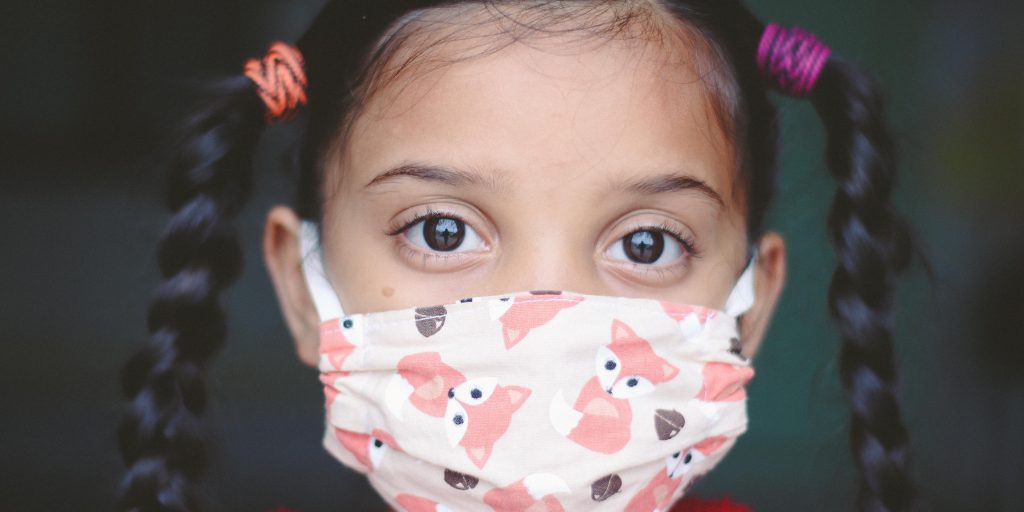
JN.1 Variant of COVID-19 (Corona virus): In Kerala, a novel COVID-19 variation known as JN.1 has been discovered. It’s important to recognize the warning signs and symptoms of this variety, which can include inflammation of the throat and a persistent cough.
The JN.1 variety has now been detected in India after first triggering a spike in cases in the US since September of this year. Kerala is currently conducting intensive monitoring to learn more about this variety.
There has been a surge in infections in India; roughly 252 new cases have been reported nationwide, while it is yet unclear what makes the JN.1 strain concerning. Compared to 125 cases one week earlier and 59 cases the previous week, there has been a notable increase.
Symptoms and signs of the JN.1 Variant
The World Health Organization (WHO) states that the new COVID variant often causes mild to moderate symptoms.
A fever, runny nose, sore throat, and headache are possible symptoms.
Most patients have moderate upper respiratory symptoms, which go away in four to five days on average.
One prominent feature of the JN.1 variation is a possible reduction in appetite and persistent nausea. It is advised to seek medical attention if you experience sudden loss of appetite, especially if it is accompanied by other symptoms that could point to the presence of the JN.1 variety.
Extreme weariness is another significant marker of the JN.1 type. If someone experiences fatigue and muscle weakness in addition to the usual fatigue brought on by COVID-19, they should consult a physician. Simple tasks could become difficult, and people who are feeling this kind of exhaustion ought to speak with a medical expert.
Rarely, people infected with the JN.1 variety may also have gastrointestinal problems, which could affect their digestive system’s health. In these rare cases, symptoms including nausea and vomiting could happen.
Finally, it is imperative that you remain up to date on the changing circumstances surrounding the JN.1 variation. It is advisable to get medical attention right once if you or someone you know has these symptoms, particularly the less common ones like excessive exhaustion and gastrointestinal issues.
Dr. E. Ravindra Reddy, Senior Pulmonologist, Kamineni Hospitals states,
What are the main symptoms and signs of this new COVID variant?
The recent surge in COVID-19 cases indicates the emergence of a potentially new variant, possibly JN.1, known for its high immune evasiveness. Fortunately, the majority of reported cases have displayed mild symptoms, including fever, cough, runny nose, sore throat, body aches, and fatigue. These manifestations, though reminiscent of common respiratory illnesses like the flu, require vigilant attention. Mild cases often necessitate only symptomatic care, while the presence of breathlessness serves as a red flag, warranting immediate medical attention. The elderly and immunocompromised individuals face an elevated risk of severe disease, underscoring the importance of protective measures.
Marked by heightened transmissibility, the signs of this variant mirror those of various viral infections, such as fever, cough, runny nose, shortness of breath, fatigue, body aches, sore throat, mild gastrointestinal symptoms, and loss of taste or smell.
How can people stay safe in this situation?
Timely identification and isolation remain crucial weapons in our ongoing battle against the virus. Individuals experiencing concerning symptoms must prioritize self-isolation and seek testing promptly. Dismissing symptoms as a mere cold could have far-reaching consequences, not only for the individual but also for the vulnerable members of our communities. In crowded settings or situations where physical distancing is challenging, the responsible use of masks remains a potent means of safeguarding oneself and others.
Vaccination stands as our most potent defense against the virus. Eligible individuals should prioritize booster doses, as these additional layers of protection significantly mitigate the severity of illness, even in the event of infection. Proactive measures, coupled with community-wide cooperation, are essential in overcoming the challenges posed by this evolving variant. Staying informed, vigilant, and committed to public health guidelines is paramount in safeguarding the well-being of individuals and communities at large.



